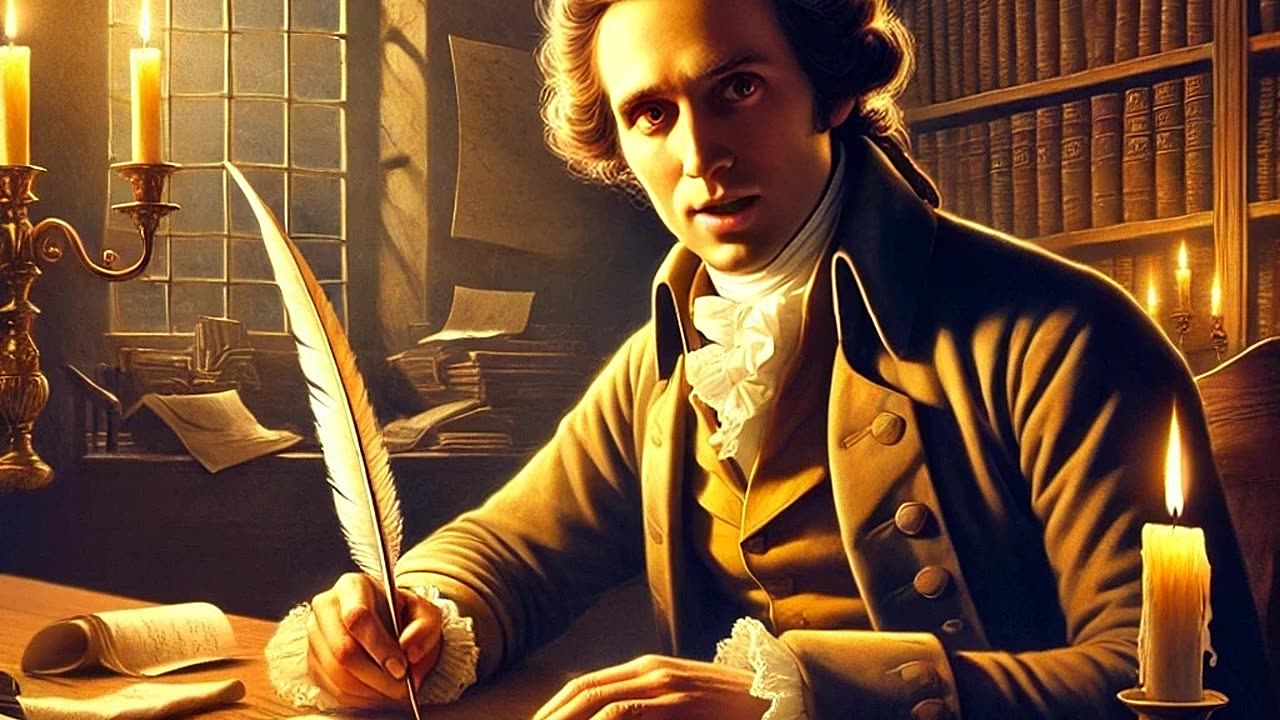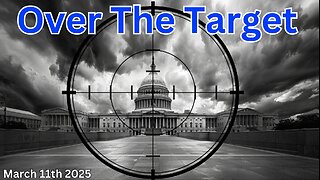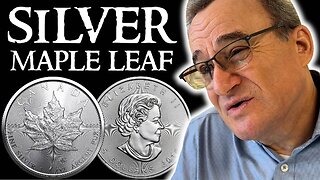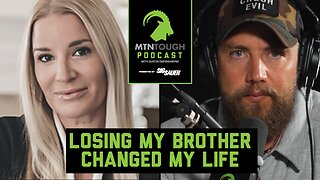Premium Only Content

Philip Freneau Tells His Story As a Pirate of the Revolution and a Poet Anti Federalist
Presented to you by: http://www.HistoricalConquest.com
Read more on our blog at: https://www.historicalconquest.com/blog
I’m Philip Freneau, and if you haven’t heard of me, well, that’s probably because the life of a poet, even a "Poet of the American Revolution," isn’t always filled with fame and fortune. But I was there, writing and fighting alongside some of the great figures of early America, using my pen to capture the struggles, victories, and ideals of my time. Let me tell you a bit about my life and why I was sometimes called "the poet of the Revolution."
I was born in 1752 in New York City, but I grew up in New Jersey. I attended the College of New Jersey—today known as Princeton—where I studied with some remarkable classmates, including James Madison, who would later go on to become one of America’s Founding Fathers and the fourth President. College was where I first discovered my love for poetry and literature. Inspired by the ideas of freedom and independence, I began writing poems that expressed my hopes for a new kind of nation, one free from British rule.
When the Revolutionary War began, I felt a strong desire to contribute, both with my pen and in service. I joined the war effort, working as a privateer—basically, a legal pirate! We sailed to disrupt British supply lines and capture enemy ships. However, this led to one of the darkest moments of my life. In 1780, I was captured by the British and imprisoned on one of their prison ships, the notorious "Jersey." Conditions were horrid—cramped, filthy, and full of disease. I wrote about those experiences later, using poetry to paint a grim picture of the suffering I and so many others endured. My words exposed the brutal treatment of American prisoners, sparking outrage and strengthening the resolve of the American people.
After the war, I didn’t leave my pen behind. In fact, I turned it into a tool of political influence. You see, the young United States was just starting to form its own identity, and there was a lot of debate about what kind of nation we should be. I worked for Thomas Jefferson and his Republican Party, and I published a newspaper called the National Gazette to support his views and to criticize the policies of Alexander Hamilton and the Federalists. My writings were sharp, biting, and sometimes controversial. I believed that freedom of the press was essential for democracy, and I was willing to call out powerful figures if I thought they were leading the country astray.
But writing wasn’t exactly a way to make a fortune, especially in those early days of America. I tried my hand at many different things—teaching, farming, and even inventing. My heart, though, always came back to poetry. Through my poems, I captured the spirit of the new nation, the challenges of independence, and the values we fought for. My work was a mix of patriotic fervor, personal struggles, and a love for nature.
I lived a long life and saw the country change in ways I could have never imagined. Although my name may not be as well-known as some of the Founding Fathers, I like to think that I left my mark on American literature and on the ideals of this nation. My story shows that words can have power—sometimes as much power as any musket or cannon. And for those of you who feel a passion for writing or expressing ideas, remember that your words can help shape the world around you.
Visit us at: https://www.historicalconquest.com/marketplace
#historicalconquest #history #historical #RevolutionaryWar #AmericanRevolution #AfricanAmerican #BlackAmerican #Freedom #Slavery #Liberty #Independence #Justice #Freedom #colonialera #colonialamerica #constitution #usconstitution #unitedstates #unitedstatesofamerica
-
 0:59
0:59
The Historical Conquest Channel
23 hours agoEdwin Drake Tells His Story of Building the First Oil Rig to Drill Oil from Underground
81 -
 LIVE
LIVE
Dear America
11 hours agoMassive Cyberattack Against Elon's X Sparks Widespread CONCERN! + More Attacks On Tesla Vehicles?!
6,793 watching -
 LIVE
LIVE
Wendy Bell Radio
5 hours agoOver The Target
12,402 watching -
 LIVE
LIVE
Bitcoin Policy Institute
1 hour agoBitcoin for America
643 watching -
 LIVE
LIVE
2 MIKES LIVE
51 minutes agoTHE MIKE SCHWARTZ SHOW with DR. MICHAEL J SCHWARTZ 03-11-2025
43 watching -
 34:43
34:43
Degenerate Jay
23 hours ago $2.60 earnedAssassin's Creed Was Always Anti-Religion?
21.5K4 -
 6:41
6:41
Silver Dragons
18 hours agoCanadian Silver Maple Leaf Coins - Dealer Reveals Everything You NEED to Know
14.3K2 -
 8:42
8:42
Dangerous Freedom
16 hours ago $2.07 earnedThe M&P Competitor SHREDS—But Did Smith & Wesson Screw It Up?
18.8K2 -
 1:12:50
1:12:50
MTNTOUGH Fitness Lab
17 hours agoSTOP Living in Fear: Why Some People Rise From Tragedy AND OTHERS DON'T | Ryan Manion
13.7K -
 8:03
8:03
Alabama Arsenal
1 day ago $0.86 earnedWoox Bravado | Modern Features Meet Timeless Style
20.1K1